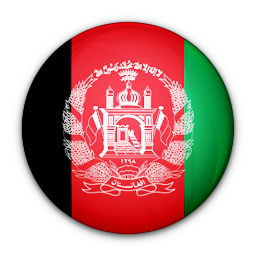After the 2001 U.S. invasion of Afghanistan and the removal of the Taliban regime, the UN began a large-scale operation to repatriate Afghan refugees from Pakistan to their newly stabilized homeland. UNHCR records show that 2.8 million Afghans had returned home between 2001 and 2005.
“At the time, that massive return was used as a measure for how much things had improved in Afghanistan,” says Susanne Schmeidl, a professor at the University of New South Wales who has studied Afghanistan for decades.
There was just one problem: according to UNHCR data, there had been only 2.1 million Afghan refugees in Pakistan in 2001 to begin with. And over a million Afghan refugees still remained in the country at the beginning of 2006.
“These numbers have always been politicized, and that’s a problem with taking the numbers at face value,” says Schmeidl.
This was one striking example of the challenges of documenting the population of Afghan refugees. Both logistical difficulties and political maneuvering have made this a remarkably difficult task.
| Political challenges | Logistical challenges |
|---|---|
| Host governments may refuse to document refugees in order to discourage further migration | Lack of formal channels for asylum seeking leads to more illegal smuggling |
| Domestic political concerns may discourage enumeration of refugees, to preserve political balance | Refugees increasingly move to urban areas instead of camps, where they are harder to identify |
| Refugees may be reluctant to become registered if registration will lead to repatriation or deportation | Refugees frequently move back and forth between countries - "flow" data is harder to track than "stock" data |
| Corruption allows some refugees to illegally acquire host-country identification documents | High birth rates among refugee populations are often not taken into consideration |
| Source: Academic publications | |
The politicization of refugee numbers has continued to this day. When asked about the security situation in Afghanistan during an interview in Australia this April, Afghan president Ashraf Ghani interpreted recent forced returns as a positive reflection on his government: “Let me give you context. Afghanistan is a country where last year 1.2 million refugees returned. 650,000 from Pakistan and the rest from Europe. Those people are making a judgment that the conditions are worth returning."
